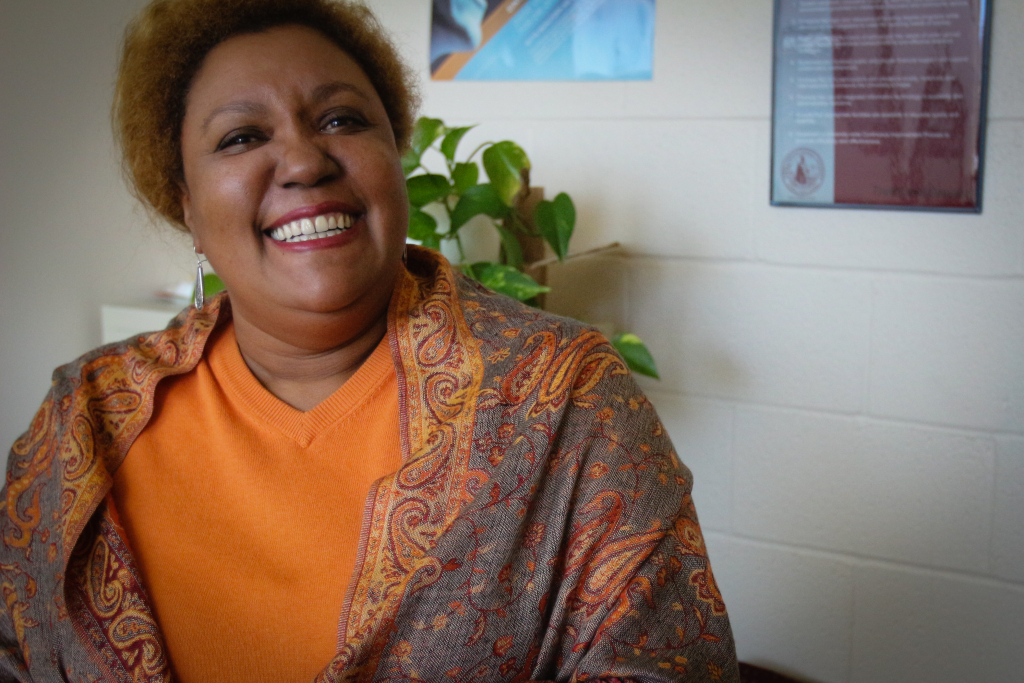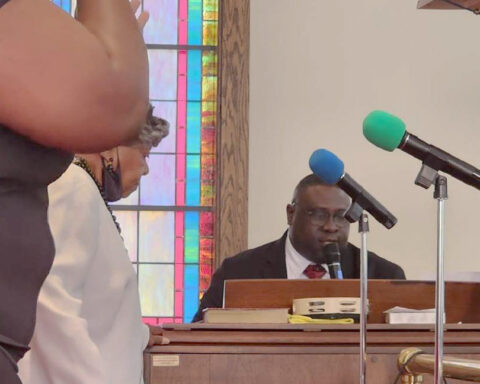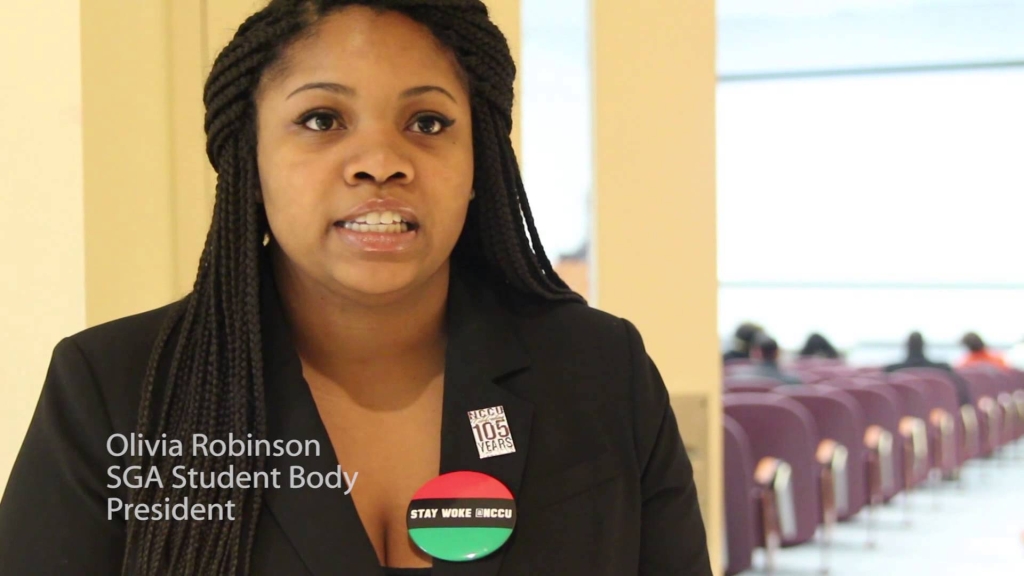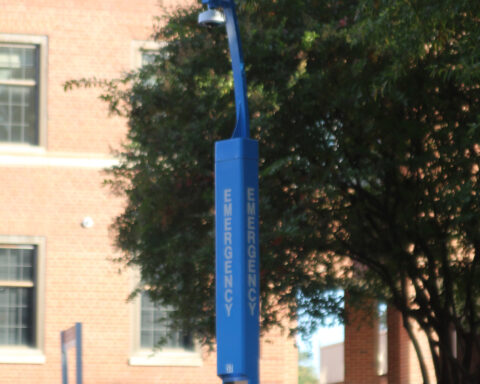Students enrolling in a Spanish language courses, won’t only be learning how to speak Spanish anymore. While they will still learn basic Spanish – grammar, vocabulary and conversation — they’ll also be learning about the history, culture and traditions of the Africans who were enslaved and taken to South America.
The Spanish program’s focus on the African Latino community makes N.C. Central University the first HBCU to develop this approach to teaching Spanish. Spanish courses are housed in the Department of Language and Literature.
“African Latino history originated from the beginning of the slave trade dating back in the early 1600s,” said Cristina Rodriguez-Cabral, an associate professor in the Department of Languages and Literature.
She worked alongside associate professor Horacio Xaubet and professor Marco Polo Hernandez-Curvas to develop the curriculum changes. The group held a workshop last summer with other Spanish faculty to explore ways to introduce African Latino themes into the Spanish program.
Rodriguez-Cabral was an ideal candidate to help develop the focus on the African Latino experience. She is Afro-Uruguayan herself and says that she has studied and published about the African Latino experience for over 10 years. According to Rodriguez-Cabral she was the first Afro-Uruguayan to earn a doctorate, which she earned from the University of Missouri.
According to Rodriguez-Cabral over 11 million slaves were brought to the Americas in the Atlantic slave trade. Of those 11 million about 450,000 came to North America’s east coast, and all the remainder – 10.5 million in all – were taken to South America.
In fact, the largest African population outside of Africa today exists in Brazil, according to the Manchester Historian. Africans brought to South America “largely transformed the societies they were enslaved in” and “still have a profound effect on the landscape of Latin America,” writes Kate Ayling on the Manchester Historian blog.
Ayling says that the experience of African slaves in South America was more varied than in North America, where most African slaves ended up working in cotton fields. In South America conditions were sometimes more brutal – workers in the Bolivian mines had a life expectancy of several months – and sometimes less brutal.
In Rodriguez-Cabral’s home country, Uruguay, slaves were used as free labor on cattle ranches. Often African slaves in South America were given greater liberties than North American slaves.
Rodriguez-Cabral passionate about the importance of teaching NCCU’s students about African Latino experience in South America, so passionate that she even thinks African Latino history should be a requirement.
“It is important for student to learn and understand the culture of African Latino History since this a history is not shared anywhere else,” said Rodriguez-Cabral.



















